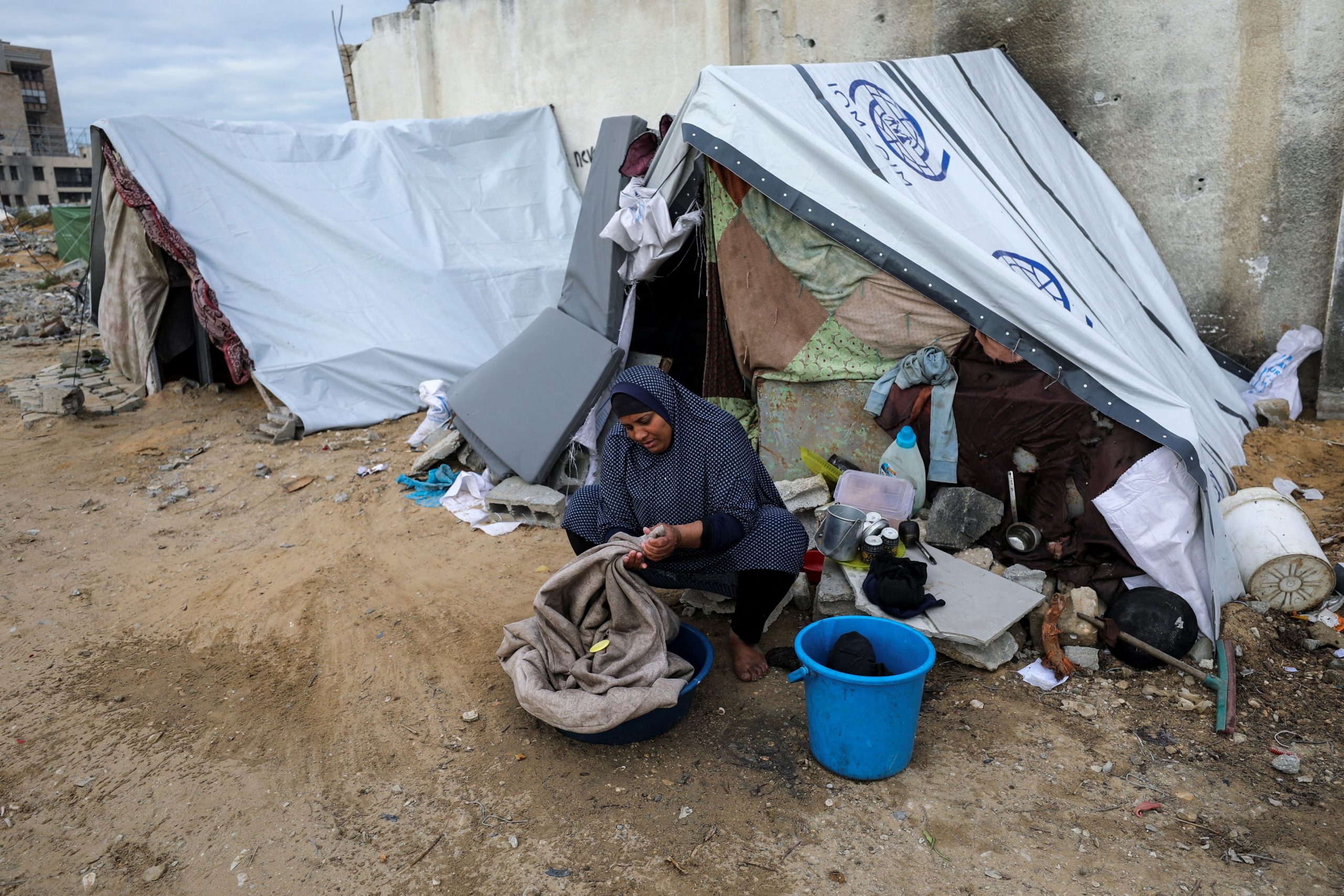The 18th edition of the Global Peace Index (GPI), published by the Institute for Economics & Peace (IEP), reveals a continued global decline in peacefulness. The report, which ranks 163 countries covering 99.7% of the world’s population, evaluates peacefulness through 23 qualitative and quantitative indicators across three domains: Societal Safety and Security, Ongoing Domestic and International Conflict, and Militarization. This year’s findings highlight worsening global trends, with the average level of peacefulness deteriorating by 0.56%, marking the 12th decline in the last 16 years. Alarmingly, the gap between the most and least peaceful countries is now the widest it has been since the index’s inception.
Iceland remains the most peaceful country in the world, a position it has held since 2008. It is followed by Ireland, Austria, New Zealand, and Singapore. These nations exemplify stability, low levels of violence, and effective governance.
In stark contrast, Yemen has been ranked as the least peaceful country for the first time, overtaking Afghanistan. Sudan, South Sudan, and Ukraine also feature among the five least peaceful nations. Yemen’s position reflects a devastating decline since 2008, with the country’s ongoing conflict and humanitarian crisis driving its poor ranking.
Globally, the number of active conflicts reached 56, the highest since World War II. Conflicts are increasingly internationalized, with 92 countries now engaged in disputes beyond their borders. Deteriorations in militarization metrics, reversing earlier positive trends, have compounded global instability, with 108 countries showing worsening scores in 2024.
The GPI reported the largest number of deteriorations in peacefulness since its inception, with 97 countries worsening compared to 65 that improved. The findings also show that global militarization is increasing, conflicts are becoming more prolonged and internationalized, and the likelihood of another major global conflict is higher than at any point since the index began.
Greece a Top Improver on the GPI
Amid this bleak global landscape, Greece has emerged as a notable success story, recording the fourth-largest improvement in peacefulness worldwide in the 2024 Global Peace Index. Rising 17 places to rank 40th, Greece’s progress reflects significant advancements in the Ongoing Conflict and Safety and Security domains. These improvements are rooted in reduced political polarization, improved domestic stability, and strengthened relations with neighboring Turkey. Greece has historically been marked by violent clashes between political factions, but the 2023 re-election of the New Democracy government for a second term has contributed to greater public satisfaction and a reduction in internal divisions. While political disagreements persist, they are far less severe than a decade ago, fostering a more stable domestic environment.
A key factor in Greece’s improved peacefulness is its mending relationship with Turkey. In 2023, Greece provided swift aid to Turkey following a devastating earthquake, exemplifying a spirit of solidarity. This humanitarian response, combined with initiatives to promote economic cooperation, trade, and tourism, has significantly reduced bilateral tensions. Both countries are also working on building military trust to resolve long-standing disputes peacefully. These efforts led to Greece’s improved score in the Neighboring Countries Relations indicator, a critical measure of international stability.
Despite these gains, Greece’s Militarization domain experienced a slight setback. Increased weapons imports and exports, driven by agreements with the United States and commitments to supply arms to Ukraine, contributed to this deterioration. Nevertheless, these challenges did not overshadow Greece’s overall progress, as its improvements in internal conflict and political stability carried significant weight in its ranking.



